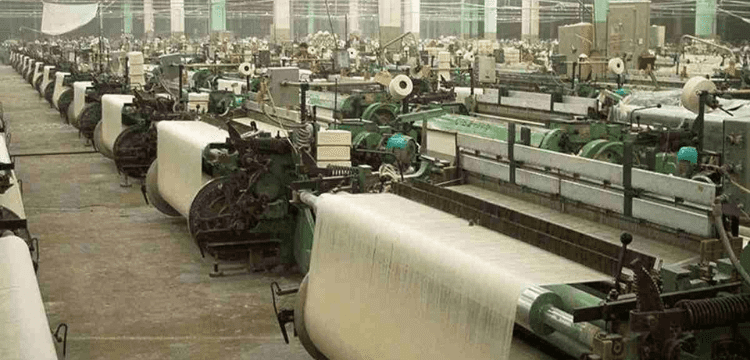[vc_row][vc_column][vc_column_text dp_text_size=”size-4″]In order to maintain its competitiveness abroad, it has also urged that the government keep the price of electricity for exports at Rs. 19.99 per kWh nationwide. The group has also asked that gas delivery to captive power plants in the export-oriented sector be given first consideration.
The government’s decision to suspend the regionally competitive energy rate (RCET) for electricity for export-oriented units (EOUs) across Pakistan, according to APTMA, will make the textile industry, particularly in Punjab, noncompetitive with the rest of the nation and the region.
It made clear how detrimental this is to Punjab-based industries in particular. Given that EOUs in Sindh can produce power for Rs. 11 per kWh from gas that is given at $4 per cubic foot, the price difference between the effective electricity tariffs in Punjab and Sindh is greater than 3.65 times.
According to APTMA, the provision of gas/RLNG to EOUs in Punjab also comes with the restriction that it not be used for the production of electricity. As a result, after March 1 the only energy accessible to EOUs in Punjab will be grid electricity at a cost of over Rs. 50 per kWh. It was stated that this would redirect available orders to less expensive options outside and within Pakistan.
The ATPMA has demanded that the premier take its plea into consideration and protect Pakistan’s exports and employment, referring to it as a “inexplicable disastrous strategy.” It stated that if the industry is not supported, Punjab may experience deindustrialization and exports may suffer by up to $10 billion annually.
[/vc_column_text][/vc_column][/vc_row]











